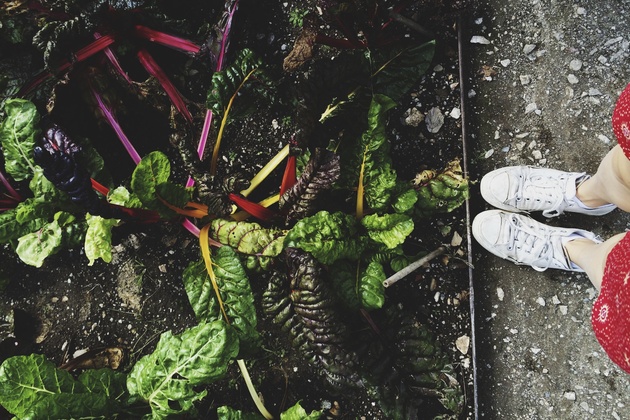This article was written in October 2018 and originally published by Huffington Post UK.
During September I spent a few weeks in Asia. From the limestone caves of Northern Vietnam to the intense rainy season in Southern Thailand, Asia is a beautiful continent. However, one thing that struck me as I travelled through South East Asia was the amount of rubbish. From the beaches of Krabi to the alleyways of Hanoi, it was clear to me that there wasn’t really anyone taking charge of their waste. I was intrigued to understand more about the state of waste in Asia and continuously found one major issue staring me in the face, plastic. Surprisingly, Indonesia, the Philippines and Vietnam are three of the world’s worst polluters of plastic to the world’s oceans. While we in the West know that we have a big part to play in the fight against plastic, we can easily ignore the impact our choices have on a grander scale if we wish to. However, many communities living in third world countries have to battle with the harsh realities of plastic waste every single day right on their doorstep.
Image: Jjsina via Getty Images
In West Java, Indonesia there is a river called the Citarum. This river has been labelled ‘the most polluted in the world’, and was recently featured on Liz Bonnin’s BBC Documentary Drowning in Plastic. In the last 20 years this river has lost 60% of its fish species, leading many of the local fishermen to instead resort to collecting plastic waste to sell to plastic factories instead of selling fish. It has been reported that China and Indonesia contribute the greatest amount of plastic waste into our oceans and while it may seem like the most we can do as UK citizens is to focus on our own efforts at home, we must not stop there. While it is a positive step for us in the UK to focus on reducing our plastic waste and aiming for a plastic-free society, we can do more to aid in the global fight against plastic waste.
The annual amount of plastic waste in the UK is estimated to be around 5million tonnes. In early 2018 plastic waste exports to China, the country with the highest plastic pollution in the world, were banned. Since the ban the UK has reportedly been exporting plastic for recycling to countries such as Malaysia and Vietnam. However, it has recently been reported that much of the plastic waste sent to be recycled is ending up in landfill in third world countries. Indonesia, Vietnam and Malaysia are three countries that receive plastic waste exports from the UK; these three countries are also three of the top eight highest countries in the world for plastic pollution. Sadly, while we all attempt to be green citizens and recycle, we have little understanding of where that waste may end up. We are all connected; we may recycle a bottle in Central London and it may end up in landfill in a village in Vietnam, the world in 2018 is a global world and we are all responsible for the current state of it. We need to think beyond our own homes and beyond our own borders if we are going to tackle this international crisis.
A number of countries in Asia may be topping the list of plastic waste offenders, but this is not entirely due to their own actions. As the West has developed a throw-away, single-use approach to plastic, our ability to deal with this waste has followed suit. However, many third world countries are not able to keep up with their growing consumer classes who are living out lavish Western lifestyles in countries that don’t have the resources to deal with their waste. As seen with Indonesia’s Citarum River, when communities don’t have the support they need to responsibly process their waste, they have little choice but to dispose of it in the only way they can, by dumping it in the river. In countries where governmental support for waste management is lacking, there has been a tendency to leave locals to sort it out on their own. Not only is this hugely unsustainable, it is also at the cost not only of local people and their communities, but at the cost of natural ecosystems, wildlife and the international community as a whole.
Image: Greenpeace
While we go about our daily lives, switching over to re-usable products and recycling are effective steps we can take to make small changes every day. Yet, on a wider scale we need to be thinking bigger. If we’re serious about making a radical change to our throw-away, single-use society, we need to be holding people accountable and putting plastic at the forefront of our world leaders agendas. This is an issue that affects us as a global community and we need to come together internationally for real change to become a reality. We need to be urging our world leaders to put plastic waste pollution and the health of our oceans high on their list of priorities; we need to push for an international agreement around plastic waste equivalent to the Paris Climate Accord. Education is key, and in our fight against plastic pollution we can educate others and ourselves about the real issues happening in communities around the world. Beyond all this, there are so many innovative technologies and ideas being invented every day to replace plastic, collect plastic waste in our oceans and support marine life. Now more than ever, we need to be supporting these innovators and urging our leaders to support them too. We have the power to change our story with plastic, but we need to go beyond our homes, and ourselves and work as an international community.
Words: Rebecca Tyers
Originally published here.







